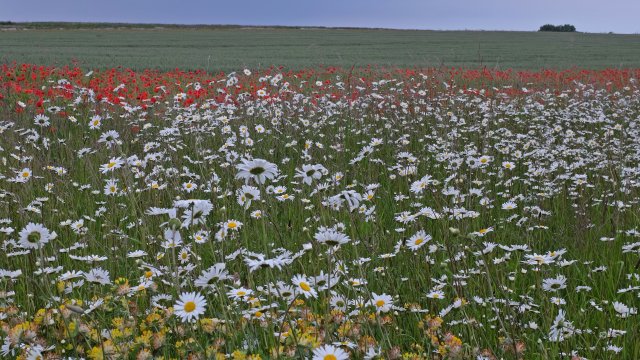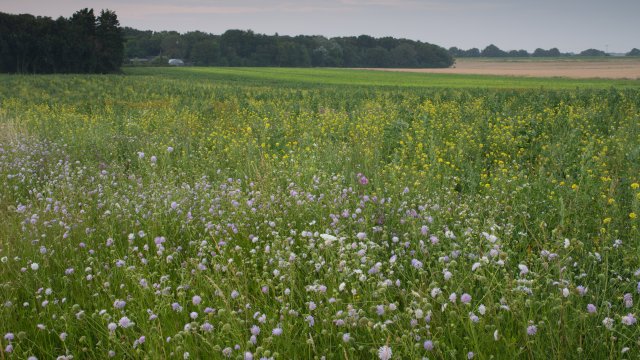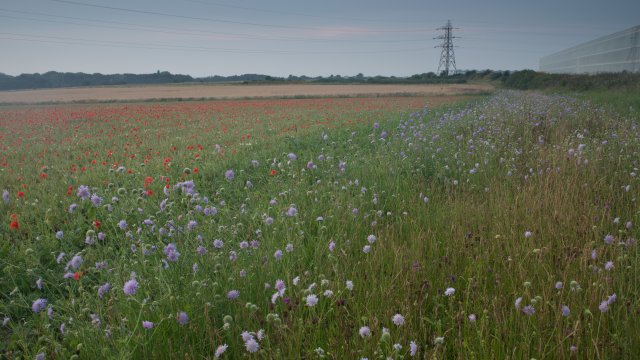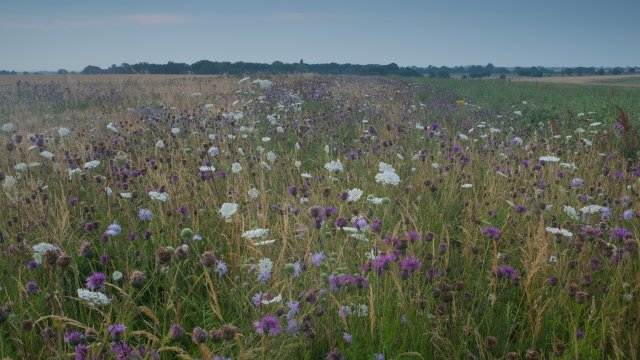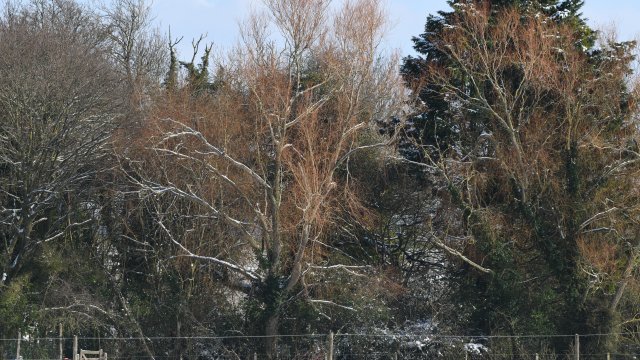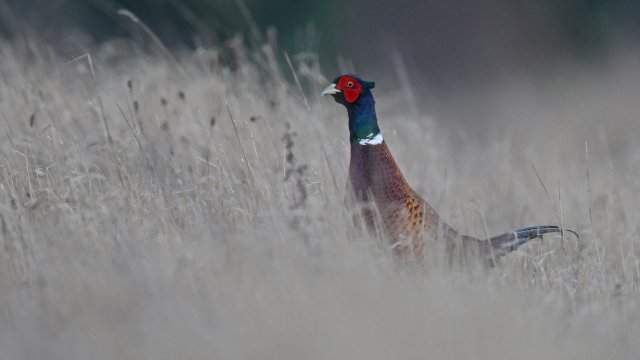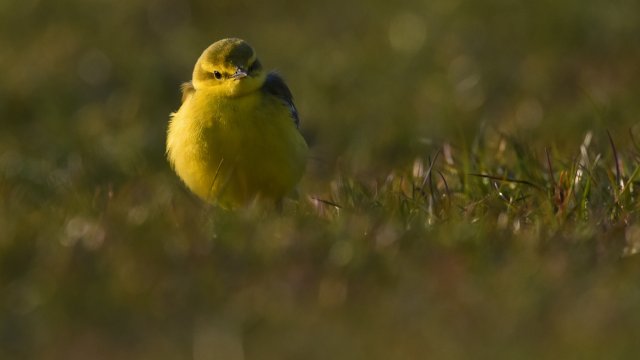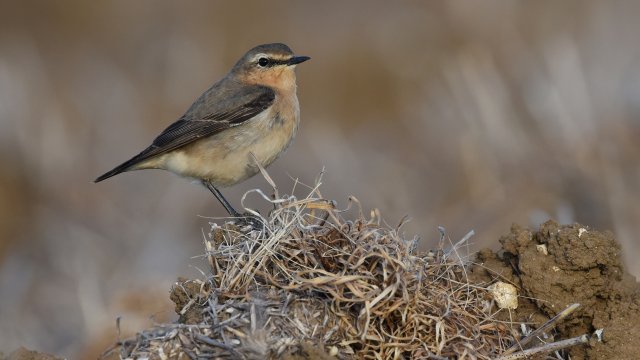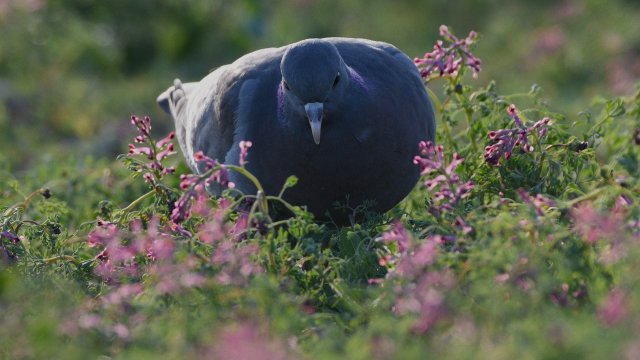In 2022 we commissioned ecologists from Bidwells to survey the c. 6,000 acres of rural property owned by the College with a view to creating the foundations of a strategic plan to increase biodiversity on our property, to encourage sustainable farming practices and to reduce carbon footprint both by producing less CO2 but also by creating greater carbon sequestration opportunities.
This report was delivered earlier this year. It identified several priorities at the strategic level as well as a series of actions which the College will be taking over the coming years.
Encouraging biodiversity
The report has identified several strategic areas where the College’s land might play an important part in encouraging greater biodiversity through enhancing and linking up existing habitats. Some of our land is near existing SSSIs, and by creating better habitats between them as well as providing better corridors for wildlife, ecologists believe the College might be able to make a meaningful contribution to the overall environment. In total, four farms were identified where an opportunity to enhance the rural environment through greater sustainability and increased diversity of flora, fauna and habitat were identified. The College will be commissioning further studies to see how this might practically be achieved and looking at how to engage our tenants in these projects. It is important to note that 80% of the College’s acreage is held by tenant farmers under AHA tenancies which are governed by the Agricultural Holdings Act 1986; in the case of AHA tenancies the ability of the College to intervene in the management of the land is negligible. We will look at ways to encourage farmers to participate in these schemes working with them as partners. Government policy, which is pressing farmers to take land stewardship seriously, will be helpful in this regard.
Scope 3 emissions and offset
Philosophically, we remain very sceptical that it will be possible to eliminate Scope 3 emissions without resorting to buying credits or offsetting carbon; this is because with national net zero targets focusing on 2050, most organisations, upon which the College will rely to reduce its Scope 3 emissions, will not approach zero until close to that date without themselves using offsets.
The current market in offsets is somewhat opaque and in 2021 a Bloomberg investigation found that some 40% of offsets purchased in that year came from renewable energy projects which did not actually avoid emissions. We are concerned that if we are to expend charitable funds on offsets, they must be of the highest quality and have a tangible benefit to the environment. We do not want to participate in 'schemes' which lead to profits for their promotors but do no environmental good.
Happily, the College does have land which it can use to sequester its own carbon and this is an opportunity that we wish to take advantage of. Currently we have pockets of stranded or low-quality land where carbon sequestration could be both helpful to the College in terms of providing an offset but also provide a tangible and visible benefit to the environment. In order to gain a benefit in the mid- late-2030s, we will need to start planting in the next few years to create and enhance hedgerows and to create new areas of woodland. This will help augment our own ability to store carbon. We will be working on a plan to do this with our agents, Bidwells.
Measuring carbon
The initial survey has broadly identified the areas we need to work on. These include:
- Habitat loss and fragmentation
- Water quality
- Soil degradation
- Low tree and grassland cover
- Invasive species, pests and diseases
